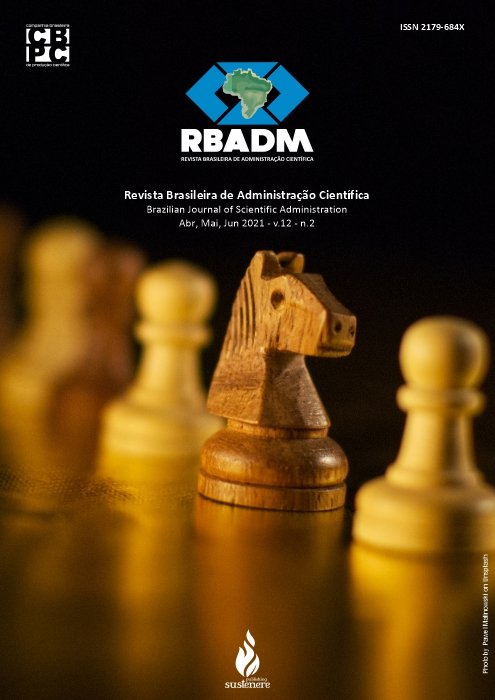Reflections on dropout in Brazilian higher education: possibilities of prevention and intervention
DOI:
https://doi.org/10.6008/CBPC2179-684X.2021.002.0021Keywords:
Dropout, Higher education, Public universitAbstract
In recent years there has been a significant expansion of access to higher education in Brazil, with the creation of universities and courses and with the increase in the number of places in Higher Education Institutions. At the same time, there was also an increase in the dropout rates of students, a phenomenon influenced by several academic and subjective factors. This article aims to present a review of the national literature on dropout in Brazilian higher education between the years 2016 and 2020. The documentary research was carried out in the databases SciELO and the Bank of Theses and Dissertations of Capes. The results found in the 27 articles published in Brazil were analyzed in five categories: elements that contribute to the dropout of students; dropout and adaptation to the university context; dropout, evening courses and work-study reconciliation; dropout, affirmative access and permanence policies and adoption of Sisu; strategies used to prevent and combat dropout. Much of the literature points to the need for universities to rethink strategies for the permanence of students, considering that only the expansion of vacancies and the guarantee of access to courses do not materialize the right to higher education. It is important that preventive and intervention actions are created that facilitate the adaptation of the student to the university environment, especially in the first years of the courses, a time when studies showed a higher percentage of dropout. It is hoped that the reflections generated here can contribute to planning and carrying out actions with a view to reducing dropout rates and that more studies can be carried out with a preventive and interventional focus.
Downloads
Downloads
Published
Issue
Section
License
The CBPC - Companhia Brasileira de Produção Científica (Brazil CNPJ: 11.221.422/0001-03) the material rights of the published works. The rights relate to the publication of the work anywhere in the world, including rights to renewals, expansions and dissemination of the contribution, as well as other subsidiary rights. All electronically published works may subsequently be published in printed collections under the coordination of this company and / or its partners. The authors preserve the copyright, but are not allowed to publish the contribution in another medium, printed or digital, in Portuguese or in translation.









